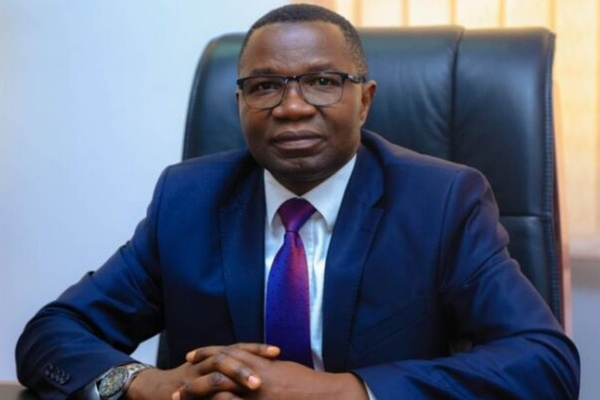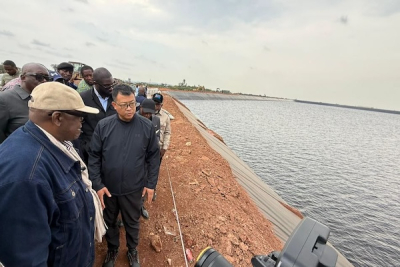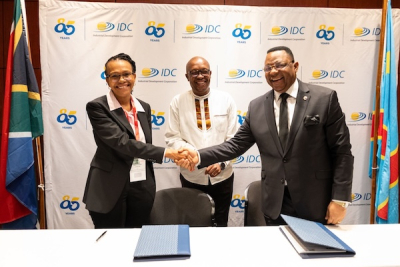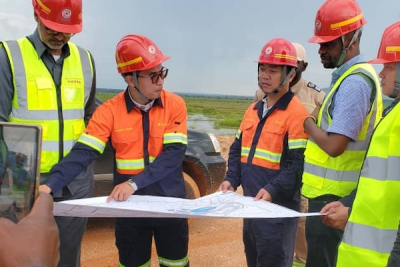Julien Paluku, Foreign Trade Minister of the Democratic Republic of Congo (DRC) was in Lufu, Kongo Central Province, on September 17. During his visit, the official committed to tackling certain border trade practices that cost the country $5 billion annually. This is more than the DRC earns from mining, its top sector, and nearly one-third of the 2024 budget.
While Paluku did not specify whether these losses are due to taxes, customs, or foreign currency resources, he pointed out that the practices “include transshipment of goods with change of destination, splitting of goods in transit in neighboring countries, undercutting of values, and denaturing of goods." He added that the issues are often aided by "proven internal complicities," particularly people who avoid using the electronic import information sheet, as well as “certain customs administrations in neighboring countries.”
Despite ongoing improvements in administrative processes, effectively managing trade players remains a challenge. Paluku announced plans to build a control laboratory to certify products entering the DRC, especially from Angola.
Having served as Lufu's administrator from 1998 to 2003, Paluku is familiar with its significance as a trade hub. Lufu has become a major marketplace for consumer goods in northwestern DRC due to its proximity to Angola. However, declining performance at the port of Matadi makes it faster and cheaper to get supplies from the Luanda port, which is 576 km away (ed. Note: around 358 miles), by road.
Lufu's market exemplifies the quest for maximum returns. For instance, cement sold in Lufu is cheaper than local production. In a country where GDP per capita is only $680 a year, a $2 difference in building material prices can significantly impact consumers.
Georges Auréole Bamba










